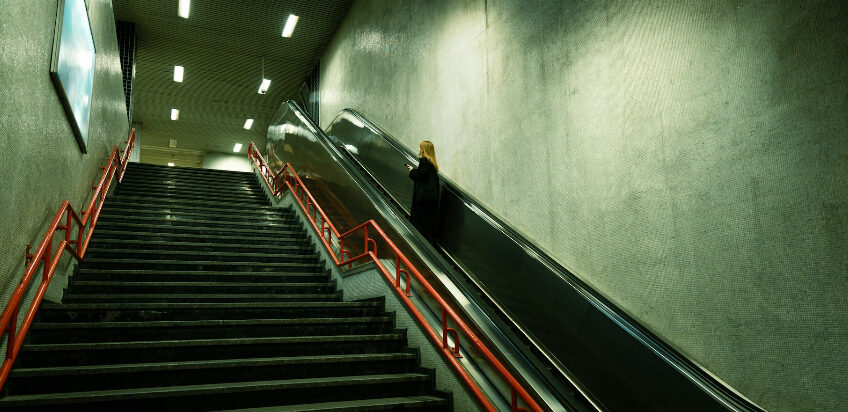Poor lighting is a serious safety hazard that can turn everyday spaces into dangerous environments. Parking lots, stairwells, and hallways that are not properly lit increase the risk of accidents, from slip and fall incidents to criminal assaults. In New Jersey, property owners have a legal duty to keep these areas reasonably safe, including providing adequate lighting. When they fail to do so and someone is injured, they can be held liable under premises liability law.
Why Lighting Matters for Safety
Lighting plays a crucial role in preventing accidents. In parking lots, adequate lighting helps drivers see pedestrians, other vehicles, and obstacles. In stairwells and corridors, proper illumination allows people to safely navigate steps and avoid tripping hazards. Poor lighting can make it impossible to spot ice patches, debris, or uneven surfaces—leading to preventable falls and injuries.
Insufficient lighting can also increase the risk of crime. Dark areas create opportunities for assaults, robberies, or other criminal acts. Property owners may be held responsible for negligent security if they fail to provide lighting that deters foreseeable criminal activity.
Property Owners’ Legal Duty
Under New Jersey premises liability law, property owners and managers must maintain their premises in a reasonably safe condition for lawful visitors. This includes taking reasonable steps to ensure that parking lots, stairwells, and walkways are adequately lit.
Commercial property owners, such as shopping centers, apartment complexes, and office buildings, have a heightened duty to inspect their premises regularly and address dangerous conditions promptly. If they know—or should know—that lighting is broken or inadequate, they are expected to fix it within a reasonable time.
Proving Liability for Poor Lighting
If you are injured in a poorly lit area, proving liability typically requires showing that:
- The property owner had a duty to provide adequate lighting.
- The lighting was insufficient and created a dangerous condition.
- The owner knew or should have known about the problem but failed to correct it.
- The poor lighting directly caused your injury or made the accident more likely.
Evidence such as photographs of the area, maintenance records, security camera footage, and witness testimony can be critical in establishing these points.
Common Injuries and Damages
Accidents caused by poor lighting can result in:
- Broken bones or fractures from falls
- Head or spinal cord injuries
- Cuts, bruises, and sprains
- Emotional trauma, particularly if the incident involved an assault
Victims may be entitled to compensation for medical bills, lost wages, pain and suffering, and future care needs.
Preventive Measures for Property Owners
Property owners can reduce liability risk by:
- Installing bright, energy-efficient lighting in parking lots and stairwells
- Regularly inspecting light fixtures for outages or damage
- Using motion-activated lights in less-traveled areas
- Responding quickly to tenant or visitor complaints about lighting issues
Taking these steps not only helps prevent accidents but also demonstrates a commitment to safety that can protect owners from legal claims.
Conclusion
Poor lighting in parking lots and stairwells is more than an inconvenience—it is a dangerous condition that can lead to serious injuries or crimes. New Jersey law holds property owners accountable when their failure to provide adequate lighting results in harm. If you have been injured due to poorly lit conditions, acting quickly to document the hazard and consult an experienced premises liability attorney can help you recover the compensation you deserve.
